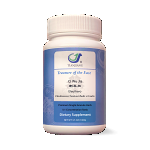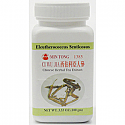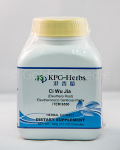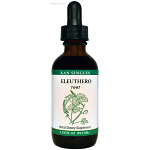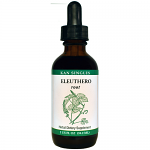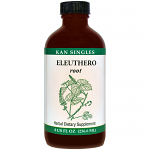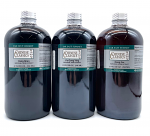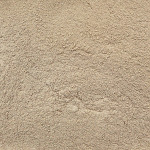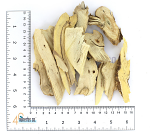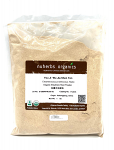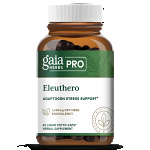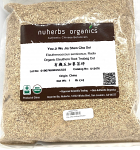Ci Wu Jia, 100g
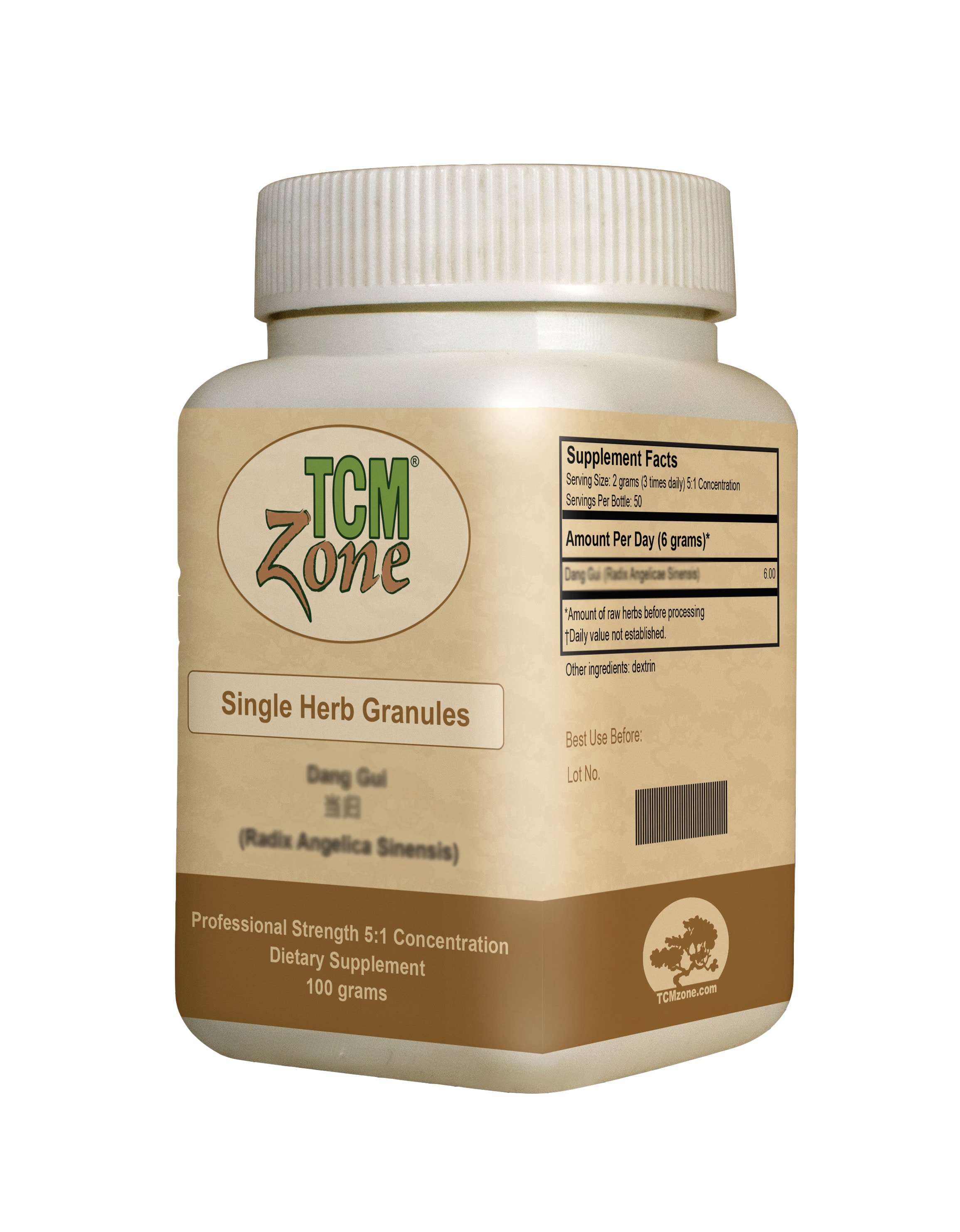
Ci Wu Jia, 100g
| SKU | TCM328-G | |
| Brand | TCM Zone Single Herb Granules - 100g Bottles | |
| Unit Size | 100 Grams | |
| Dosage | recommended 2 gram each time, three times daily or as directed by your licensed practitioners. | |
| Potency | 5:1 | |
| Taste | Acrid; Slightly Bitter | |
| Properties | Warm | |
| Contraindications | Use with caution in those with internal heat or yin deficiency | |
| Chinese Symptomology | Weak lower back and legs; A sense of heaviness and fatigue; Insomnia with many dreams; Poor appetite; Poor peripheral circulation with blood stasis; Poor concentration; Mild depression | |
| Actions | Tonifies the Spleen and Stomach qi to aid transportation and transformation: Warms the Kidneys to aid the yang in warming the Spleen; Calms the spirit; Invigorates the blood; Unblocks the collaterals; Augments the Heart qi and calms the spirit. | |
| Pattern | Poor peripheral circulation with signs of blood stasis; Heart qi deficiency; Weak transformative and transportive functions of the Spleen and Stomach | |
| Channels Entered | Spleen; Heart: Kidney | |
| Chinese name | 刺五加 | |
| English name | Eleutherococci Senticosi Radix et Caulis; Eleuthero Root; Acanthopanacis, Siberian Ginseng | |
| Description | Acanthopanacis senticosi Radix et Caulis (ci wu jia) is an example of an herb whose qualities and functions have been revealed less from accumulation of clinical experience than by modern research in the second half of the twentieth century. Originally used as a variant of Acanthopanacis Cortex (wu jia pi), this herb is increasingly being used for symptons of deficiency such as general weakness and malaise, loss of apetite, headache, insomnia, and impotence. Acanthopanacis senticosi Radix et Caulis (ci wu jia) is acrid, slightly biter and warm. It enters the Spleen, Heart, and Kidney channels to tonify the Spleen and Kidney qi while calming the spirit and augmenting the Heart. At the same time, by virtue of its acrid and warm properties, it is also used to invigorate the blood and unblock the collaterals, especially those obstructed by cold or blood stasis. (from Chinese Herbal Medicine Materia Medica, 3rd ed)* |
|



